BBNJ allows Vietnam to participate in the exploration, exploitation and division of marine genetic resources outside the East Sea.
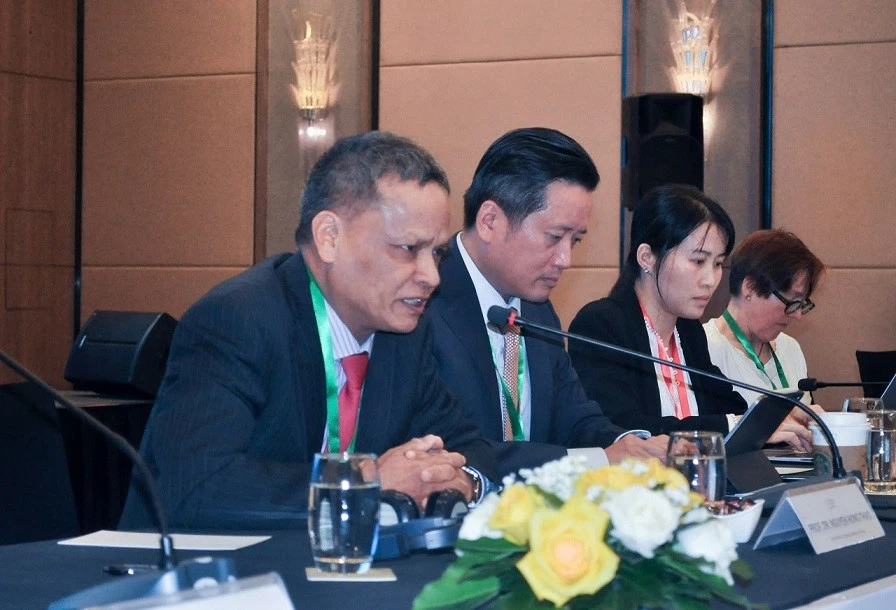 |
| Ambassador, Prof. Dr. Nguyen Hong Thao chaired a discussion session at the 13th Ocean Dialogue on the significance of BBNJ for developing countries. (Photo: Pham Hang) |
In an interview with TG&VN within the framework of the 13th Sea Dialogue recently held in Can Tho , Ambassador, Professor, Dr. Nguyen Hong Thao, member of the International Law Commission (ILC) of the United Nations, emphasized the difficulties and challenges in the adoption of the BBNJ, but also affirmed the importance of this international treaty with the opportunities it opens up for developed countries, including Vietnam.
Could you please tell us about the significance and importance of the Agreement within the framework of UNCLOS on the conservation and sustainable use of marine biodiversity in areas beyond national jurisdiction (BBNJ) in the context of great difficulty in achieving a multilateral treaty at the global level as it is now?
BBNJ is a continuation and extension of the 1982 United Nations Convention on the Law of the Sea (UNCLOS). UNCLOS provides a comprehensive regulation of activities at sea – known as the Constitution of the Ocean. However, the Convention also has limitations, including the lack of provisions on the management of marine genetic resources and biodiversity that are beyond national jurisdiction.
Therefore, the adoption of the BBNJ on the basis of continuing the principles of UNCLOS has brought a new, fairer legal order for developing countries. Previously, developed countries mainly exploited marine genetic resources outside the high seas and with almost no participation of developing countries. Developed countries want to apply the principle of freedom of the seas, freedom of fishing, research and not having to share any benefits.
Meanwhile, BBNJ sets out the principles of fair and equitable access to all marine genetic resources, beyond national jurisdiction, and their equitable distribution among countries.
BBNJ took 12 years from idea to negotiation, longer than the UNCLOS negotiation period (only 9 years), showing the great complexity of BBNJ. The exploration and exploitation of marine genetic resources is far from national jurisdiction, so it requires financial, technical and human resources, which are factors that developing countries lack.
Ambassador, could you please share the highlights of BBNJ and the "novelty" of BBNJ compared to other current international documents?
BBNJ essentially includes four main issues. That is marine genetic resources, developed countries have struggled to apply the principle of common heritage of mankind with the principle of freedom of the seas in UCNLOS; BBNJ proposes a regional management system, establishing marine protected areas outside national jurisdiction for countries to participate in managing marine genetic resources; BBNJ proposes an environmental impact assessment mechanism, different from UNCLOS, at a higher level, not only before the project but also after the project is implemented - cumulative and successive assessment every year, this is a requirement that can be said to be quite high of BBNJ; BBNJ emphasizes the necessity and need of developing countries to have the help of developed countries to build marine capacity as well as transfer marine technology.
In addition, BBNJ includes many initiatives but requires participating countries to be transparent about information related to marine genetic resources, which are outside national jurisdiction. This is the common property of humanity, so there is no reason to be ambiguous or concealed, but to be open and shared.
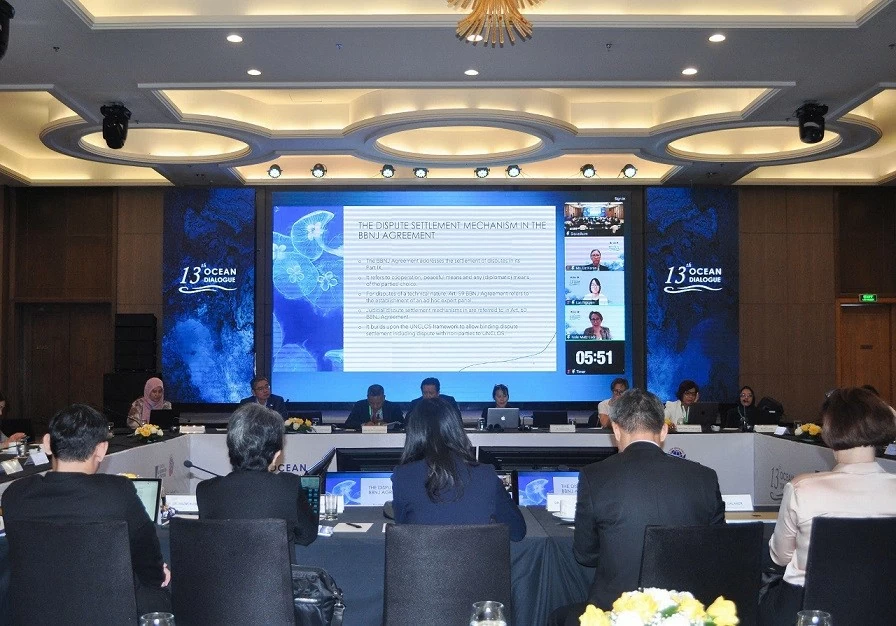 |
| A discussion session at the 13th Ocean Dialogue. (Photo: Pham Hang) |
Even international conventions such as UNCLOS are facing many challenges in implementation. How does the Ambassador assess the feasibility of BBNJ, including the process of ratification and entry into force?
BBNJ has overcome one of the shortcomings of UNCLOS, which is the lack of management of marine genetic resources and biodiversity outside national jurisdiction. BBNJ continues to develop from UNCLOS, which is the agreement to apply Part I of the Convention on the issue of research, exploration and exploitation of marine mineral resources in the sea area belonging to the common heritage of mankind. Up to now, there have been a number of exploration projects in this sea area but none of them have reached the exploitation stage, we have spent 30 years without implementing this agreement.
Even if the BBNJ comes into force, but developed countries do not participate or are reluctant to participate, will developing countries have enough resources to explore and exploit these waters? Obviously, marine resources beyond national jurisdiction belong entirely to mankind.
Therefore, although the adoption of BBNJ is an initial victory, there are still many difficulties and challenges ahead to achieve fair distribution. Currently, among the 14 countries that have ratified BBNJ, there is not a single maritime power. This is also a real challenge.
For Vietnam, according to the Ambassador, what benefits does BBNJ ensure and what opportunities for maritime cooperation does it create?
BBNJ allows us to participate in the exploration, exploitation and division of marine genetic resources outside the East Sea. We have the right to join all other countries to manage those resources. That is our victory. The East Sea is an extremely important issue, close to Vietnam, but besides that, to become a middle-class maritime power, we need to expand our vision beyond the East Sea to participate in world activities more actively.
To share fairly, Vietnam must also have a team of experts, participating in the BBNJ conference to establish the rules of the game for areas such as technology transfer, optimal use of technology... Vietnam still faces many difficulties and challenges, the legal system also needs to be adjusted if it wants to ratify BBNJ such as adjusting the law on science and technology, biodiversity, raising awareness among the people...
Thank you very much, Ambassador!
Source: https://baoquocte.vn/hiep-uoc-bien-ca-bbnj-ky-cuoi-co-hoi-de-viet-nam-mo-rong-tam-nhin-ngoai-bien-dong-293775.html






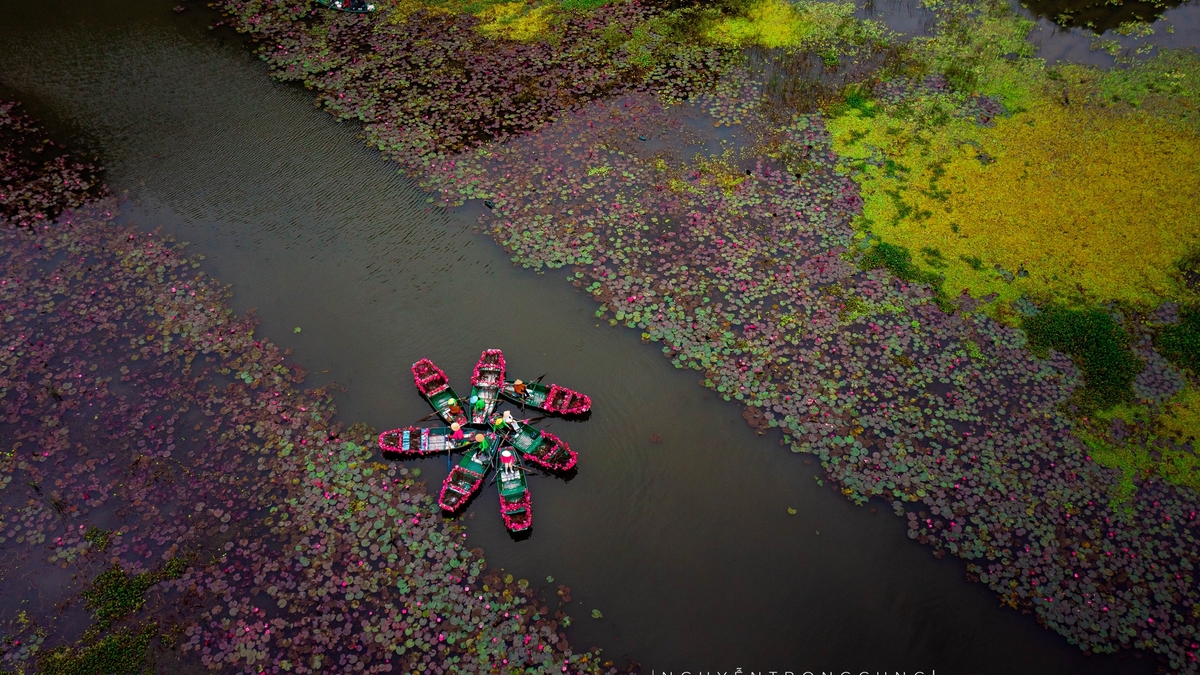

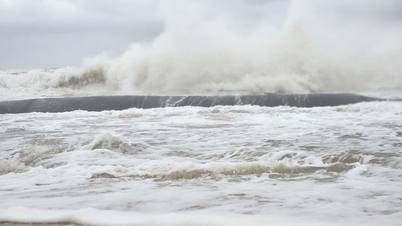

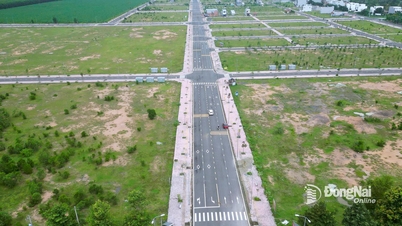

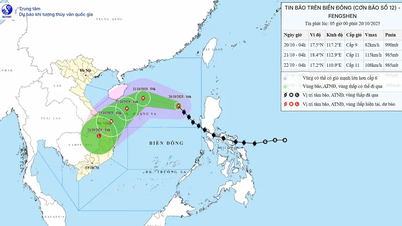

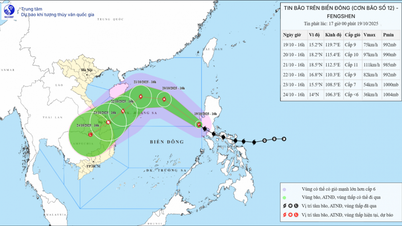


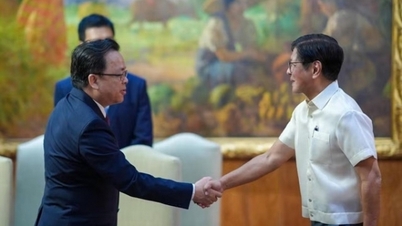


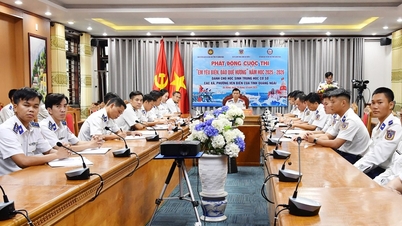

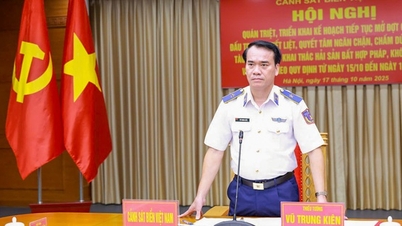
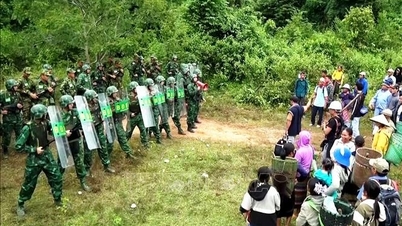

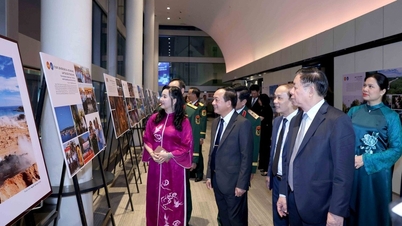
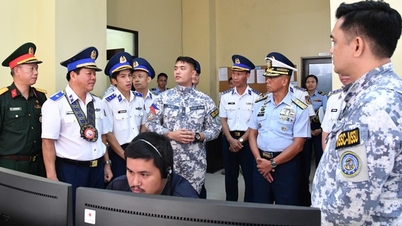





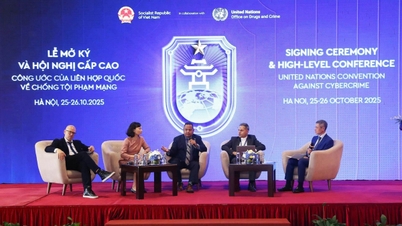
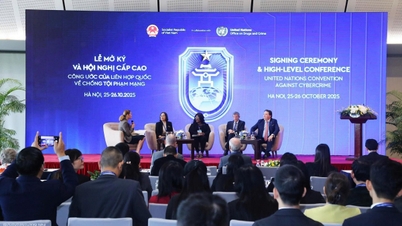

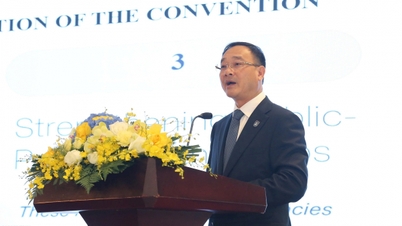
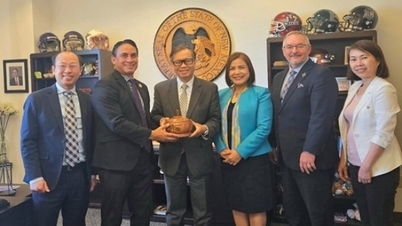







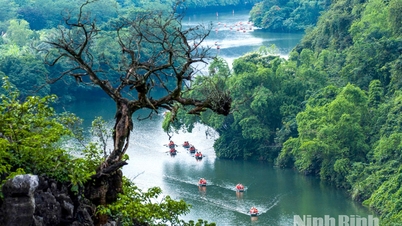



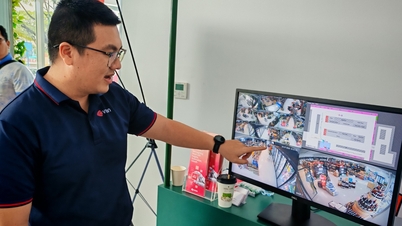










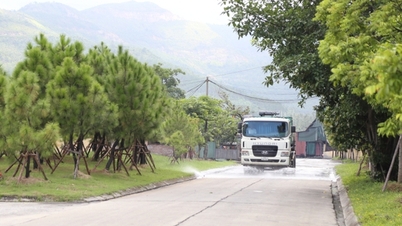

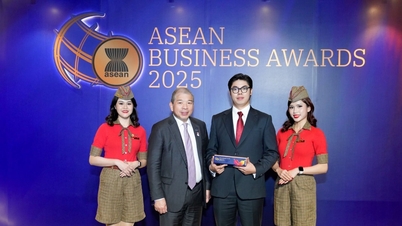

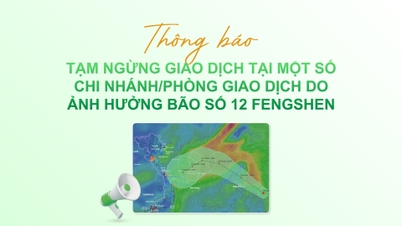

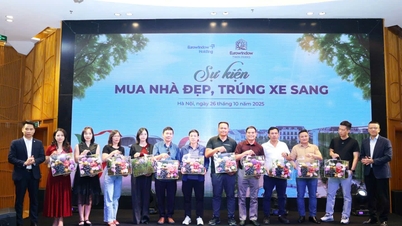
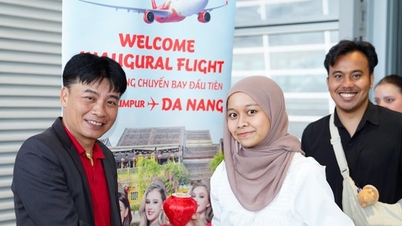






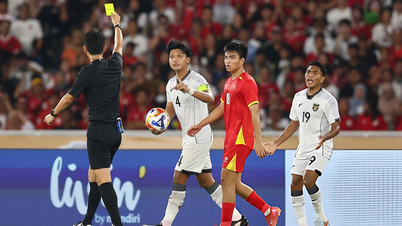
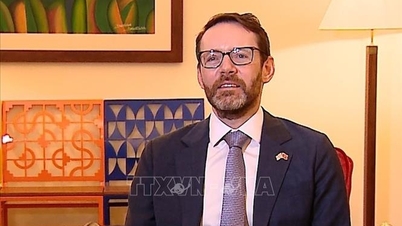

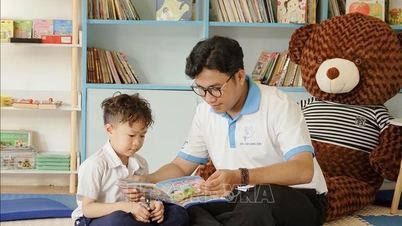
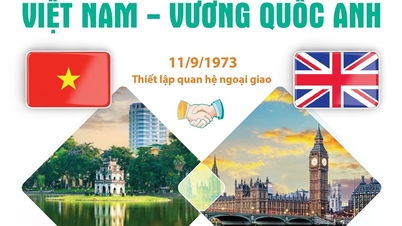

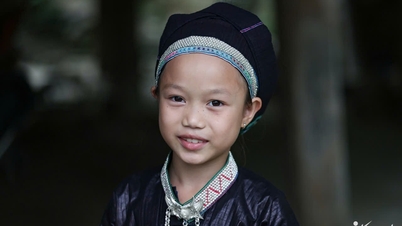
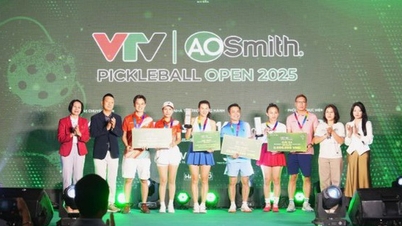

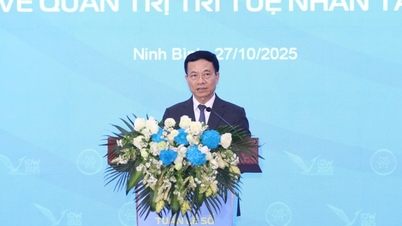

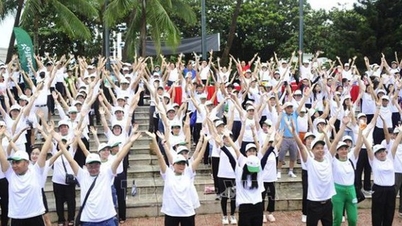
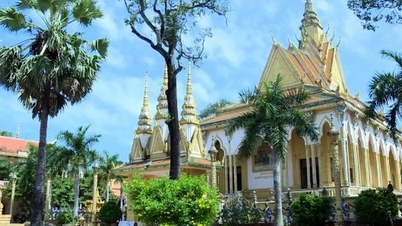


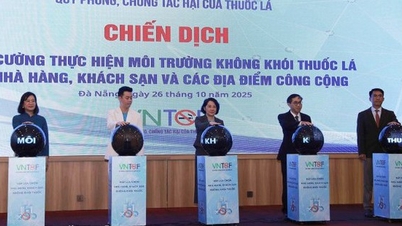






















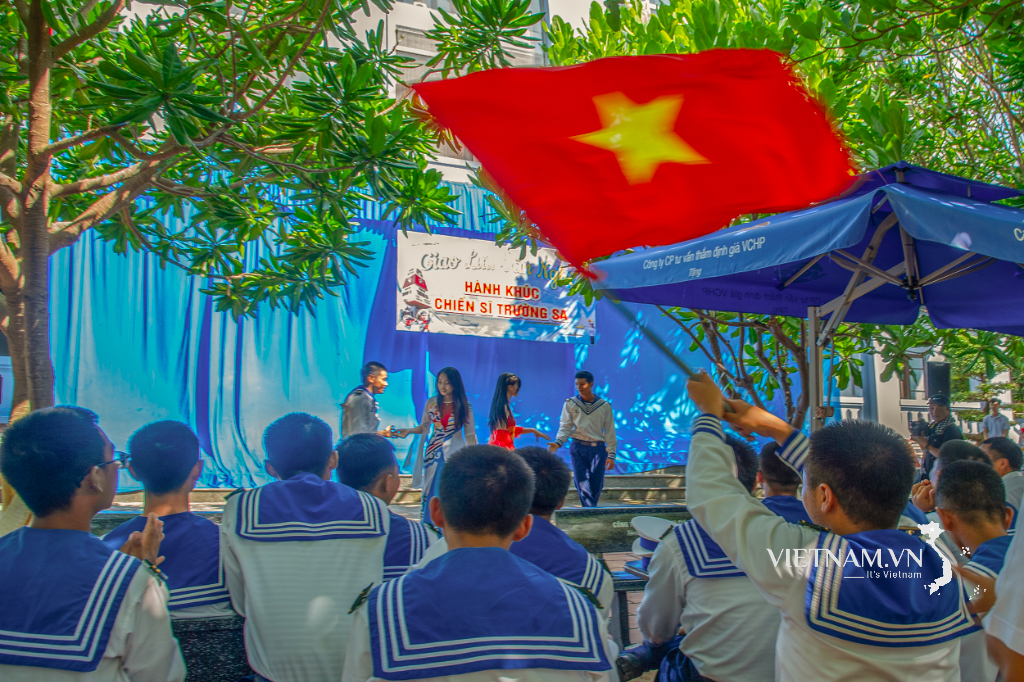


Comment (0)